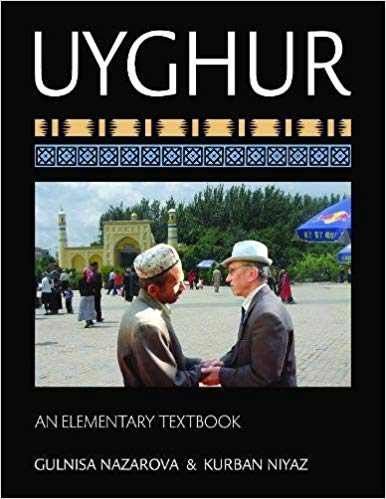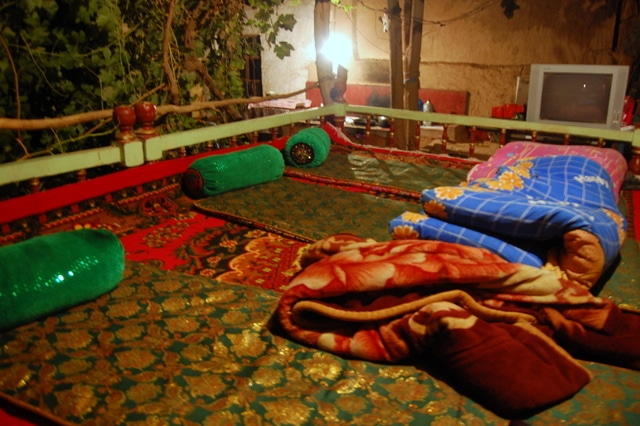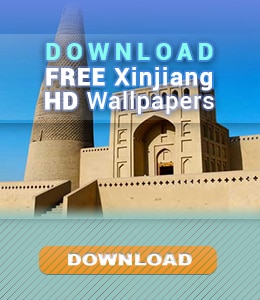Discussion: Language in Xinjiang Education, Uyghur or Mandarin?
Ever since reading Blaine Kaltman’s Under the Heel of the Dragon, my views about language in education have been challenged. At this moment in the Xinjiang city of Karamay, there is only one Uyghur-language high school and judging from the rumors I’ve heard recently they may soon switch to Mandarin.
Why is that? Or rather, why is that important?
The Dilemma | Language Education in Xinjiang
Here’s a quick rundown of the situation at hand in Xinjiang.
The Uyghur people, a minority group who make up about half the population in Xinjiang, speak their own language which comes from a completely different family than Mandarin, the official Chinese language.
It is rare to hear an elderly Uyghur speak Mandarin without a heavy accent. Even a majority of the next generation in their 30’s and 40’s have difficulty communicating sometimes.
This isn’t a huge problem most of the time since Han and Uyghur don’t often intermingle, but when employment is at stake, language is usually the deal-breaker.
The Divide
- Han business people don’t want to hire employees who can’t speak Mandarin well.
- Uyghur job-seekers may not have had the luxury of a great education, or at the least one taught in Mandarin.
- The Chinese government has been put into a tricky position where they need to encourage Uyghur to maintain their local language while providing the best opportunity to for Uyghur to succeed – which means a Mandarin education. Regardless of your personal feelings for the CCP and how they’ve handled the situation so far, one has to concede that the solution isn’t easy.
The Discussion
What I want to discuss is not how much you love or despise the Chinese government. I want to talk about whose responsibility it is to maintain Uyghur language and culture.
- Should classes in predominantly Uyghur cities be taught in the Uyghur or Mandarin language? Do you think the government should be directing policy on this issue?
- Is affirmative action (or “positive discrimination”) a practical policy in this situation?
- Do you think the Uyghur language will still be active a century from now?





